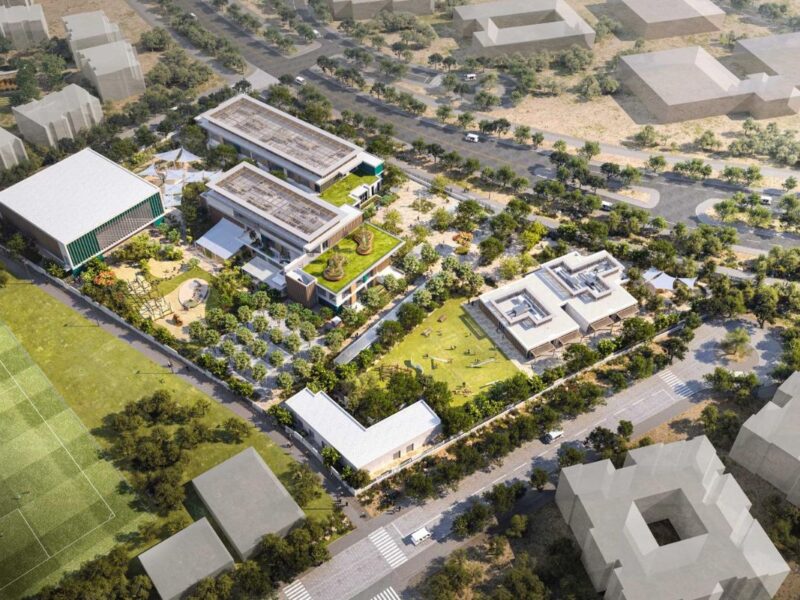The Dubai Future Council for Blockchain, chaired by Dr Aisha Bint Butti Bin Bishr, has launched the Dubai Blockchain Policy at the 9th Smart City Expo World Congress, held in Barcelona.
The Council, which was formed by the Dubai Future Foundation (DFF) and held its inaugural meeting in April, is part of the Dubai Future Councils initiative, launched by Sheikh Hamdan bin Mohammed bin Rashid Al Maktoum, Crown Prince of Dubai, to find innovative solutions for strategic sectors and forecast their future over the next 50 years.
In its second meeting in July, the Council presented and approved plans to work on three initiatives for 2019 and 2020 – a report on Dubai’s cryptocurrency positioning, the Dubai Blockchain Policy, and the Future Landscape Report for Blockchain in Dubai.
Bin Bishr said: “Blockchain is undoubtedly one of the most prominent and promising of these breakthrough technologies. With that in mind, the Dubai Future Council for Blockchain sought to develop a policy to support government entities and private companies to implement the technology and form value-creating Blockchain networks.
“The Dubai Blockchain Policy is one of three initiatives from the Council that are in the pipeline for 2019 and 2020. This launch advances the Council’s agenda to establish Dubai as a global Blockchain capital, and offer a prominent platform for exploring Blockchain-based solutions for the challenges facing the smart cities of the future,” she added.
The Dubai Blockchain Policy was drafted and launched following a process that included gathering and identifying challenges from multiple sources, including government entities and private companies.
The policy comprises three core areas, including foundational capabilities, which covers technology platform and services, architecture and standards, shared network services, and legal support; network governance, which includes several elements, namely, network ownership and membership, intellectual property, funding and monetisation, and network expansion; and network operations, which covers data formats and interoperability, data privacy and confidentiality, node and network security, audit and compliance, and communication and adoption.







